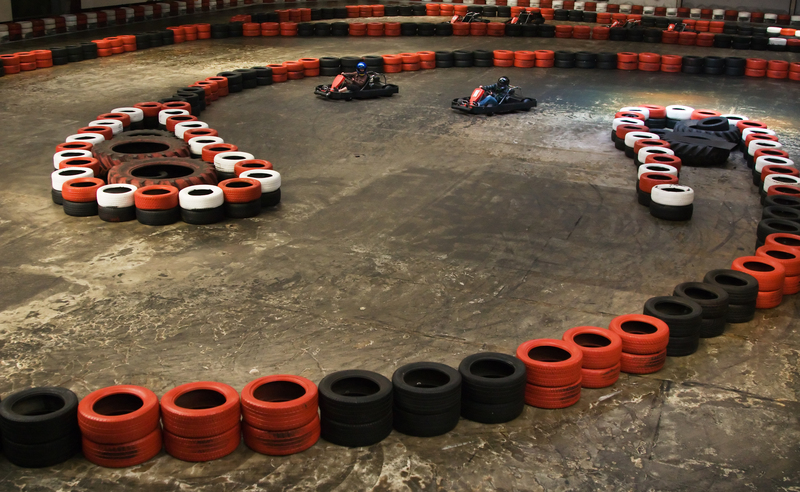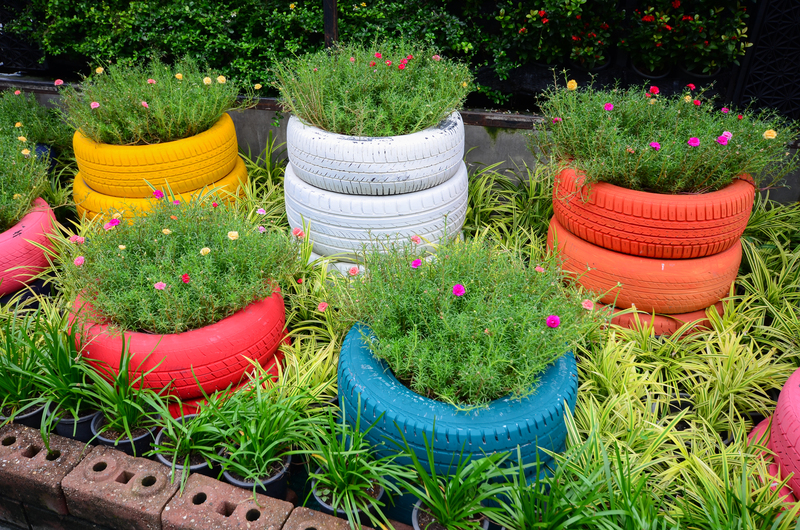In today's environmentally-conscious world, managing and minimizing green waste is more crucial than ever. Landscapes and gardens can generate a significant amount of organic waste, and it's essential to manage it sustainably. This article provides simple yet effective methods to reduce your green waste footprint. By implementing these strategies, not only do we contribute to a healthier planet, but we also often enhance the health and vitality of our gardens.
Understanding Green Waste
Green waste, also known as organic waste, includes grass clippings, branch cuttings, leaves, and any natural, biodegradable material generated from your garden or yard. Unlike general household waste, green waste can be highly beneficial when repurposed correctly.

Why Reducing Green Waste Matters
- Environmental impact: Landfills emit greenhouse gases, chiefly methane, which contributes to climate change.
- Resource conservation: Proper management of green waste conserves natural resources.
- Soil enrichment: Reusing green waste fulfills nutrient needs of soils, facilitating healthier plant growth.

10 Techniques to Minimize Green Waste
1. Create a Compost Bin
Composting is perhaps the most effective method to handle green waste. By piling your organic leftovers like fruit peels, grass clippings, and leaves, you can create nutrient-rich compost. Composting not only reduces waste but also enriches your soil, making it perfect for gardens and potted plants.
2. Adopt Grasscycling
Grasscycling involves leaving grass clippings on the lawn after mowing. These clippings decompose naturally, releasing valuable nutrients back into the soil. By returning nutrients to the ground, you enhance lawn health and eliminate disposal costs.
3. Practice Leaf Mulching
Instead of bagging up fallen leaves during autumn, turn them into mulch. Use a lawnmower to shred leaves and spread them across your garden beds. This process creates a natural mulch that saves on waste and aids in moisture retention for your plants.
4. Engage in Vermicomposting
Taking composting a step further, vermicomposting uses worms to break down organic waste. Implementing vermicomposting reduces volume and time needed for decomposition, producing highly nutrient-rich materials to use as fertilizer.
5. Improve Garden Planning
A well-planned garden minimizes waste creation. Consider plant types and their growth requirements to ensure that little excess waste is generated. Plan for trees and shrubs that don't require frequent pruning or create extensive leaf litter.
6. Integrate a Natural Lawn Growth Cycle
Encourage natural growth cycles that do not disrupt existing plant systems. Reduce over-watering and excessive fertilization. Promote eco-friendly gardening practices that enable balance and reduce waste generation.
7. Use Green Waste for DIY Projects
Creativity can turn green waste into stunning art or functional composters. Use dry branches for garden d?cor or create your natural fencing using pruned materials. Maximize garden aesthetics while minimizing waste.
8. Choose Native Plants
Native plants typically require less maintenance and adaptation to the local environment, reducing pruning and care-generated waste. Opt for these plants to not only conserve resources but also encourage local wildlife.
9. Build Raised Garden Beds
Raised beds can significantly reduce soil compaction and lead to less plant waste due to improved plant health. They provide a controlled environment, which can improve water drainage and soil aeration.
10. Start a Community Green Waste Program
Collaborate with your community to create a localized green waste collection and composting program. Shared workload and resources can make a significant impact in minimizing waste effectively.
Conclusion
By embracing these ten strategies, reducing green waste becomes not only feasible but also advantageous for the environment and the health of your garden. Whether you're a homeowner, a farmer, or just a garden enthusiast, these techniques can help in making your green spaces more sustainable. Let's contribute to the well-being of our planet and foster thriving gardens by minimizing and repurposing our green waste.
Start saving the environment today--one yard at a time!